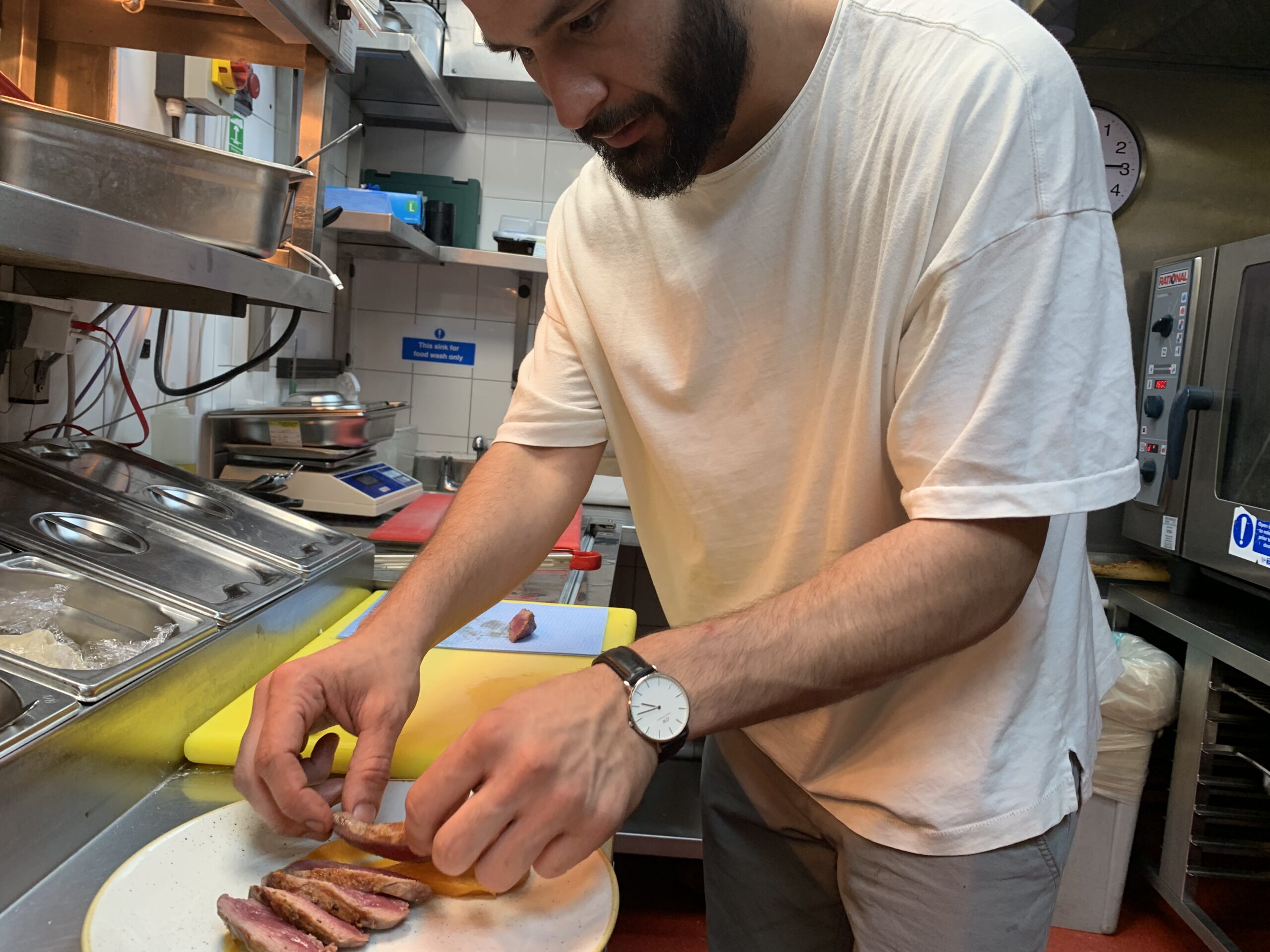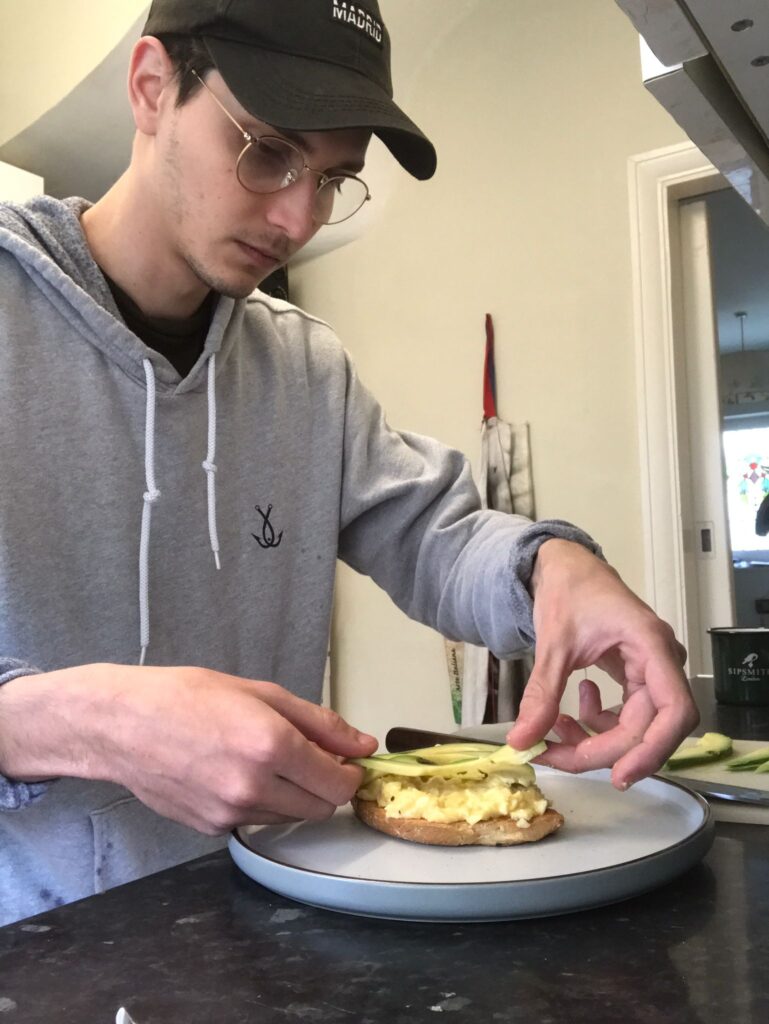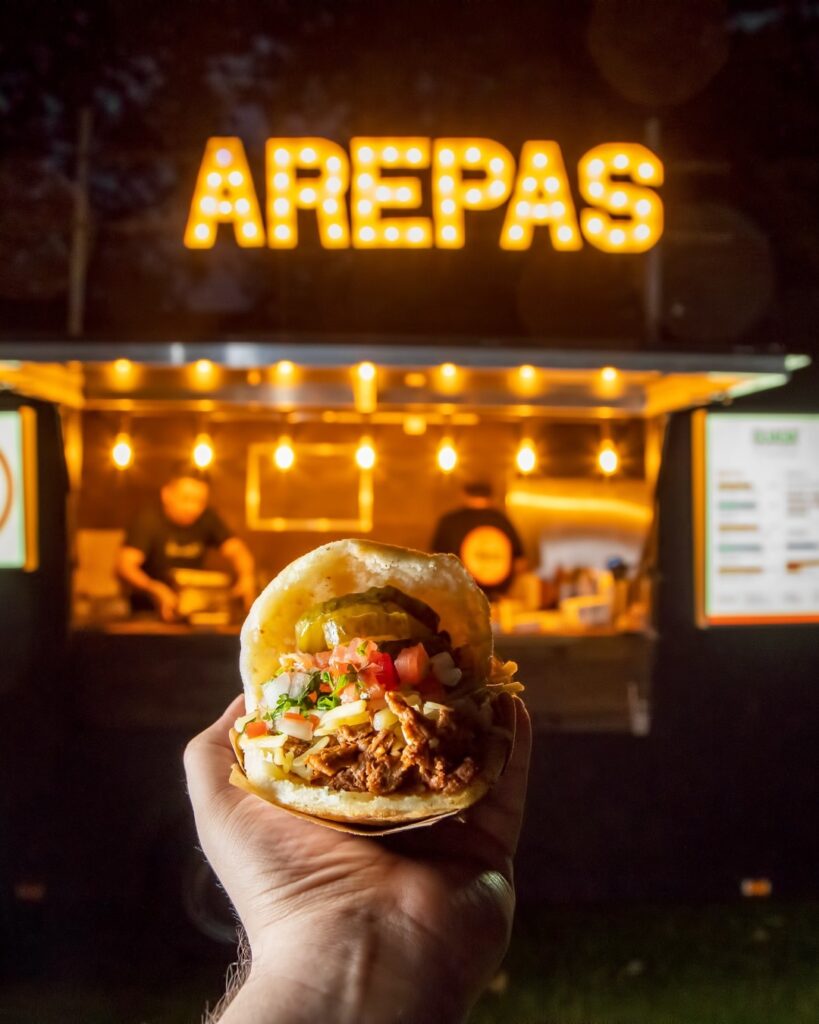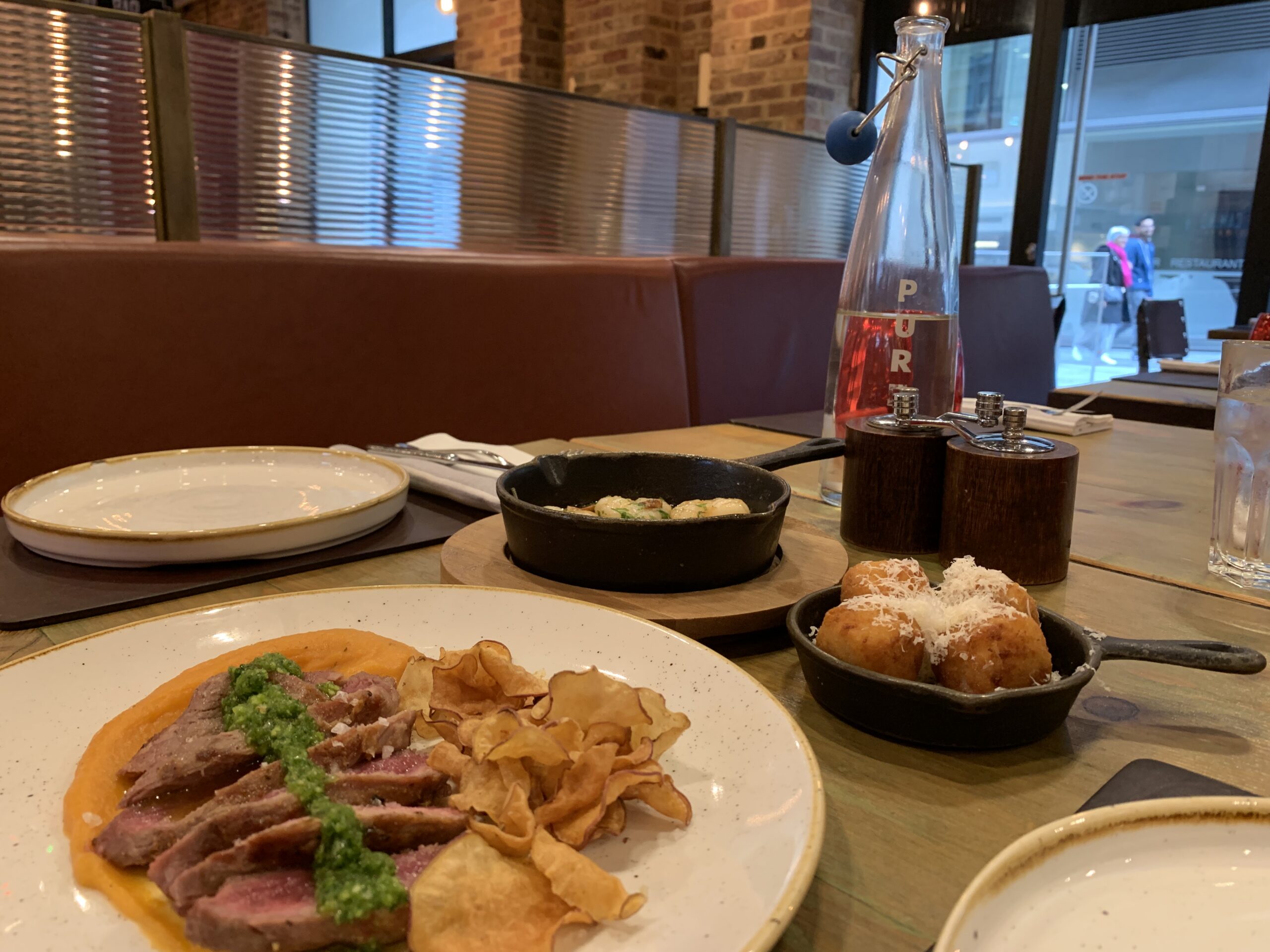By Pete Villasmil
London is an incredibly diverse city, especially in regards to its culinary scene. It is one of the few cities where you can walk down any main street and encounter a myriad of cultures and gastronomical styles. It is part of what makes London such an incredible host of vibrant cultures.
However, many feel that the representation of Latin American cuisine and culture in the London mainstream is lacking. Most patrons typically stumble upon Tex-Mex restaurants or Spanish places offering tapas, but few are exposed to authentic Latin American cuisine. To some Latino Londoners, this has become an issue especially as the Latin American population has become more prominent in London.
According to research from Queen Mary University of London, there are more than 144,000 Latin Americans who live and work in the nation’s capital its proportion of the total city population has grown substantially since the early 2000s.
Additionally, the team’s findings also indicate that many Latin American Londoners not only work in the city’s service industries, but are imperative components of it. An estimated one in four Latin American Londoners work in the service sector.
“As one of London’s fastest growing migrant communities, Latin Americans make an essential contribution to how the city operates economically, socially and culturally. Yet only recently have Latin Americans begun to emerge from the shadows of invisibility as a population,” said Professor Cathy McIlwaine, the leader of the research project, in a press release.
It is coming out of this shroud of obscurity that is important to some Latin American chefs in the city. Representing Latin American culture in London’s vast culinary spaces is something that motivates many of them, including Joaquin Aguilar.

Aguilar, 27, is the executive sous chef in Spanish restaurant Camino, located in the City of London. The Venezuelan immigrant has been in London since 2017 refining his culinary skills and seeking new opportunities in the U.K. As culturally diverse as London is, Aguilar believes that Latin American representation in London culinary circles could be better.
“Most of the more niche, specialized Latin American places are really small. They’re small businesses that mean to cater to a single audience, to make people from Latin American countries feel at home. I think that’s part of the problem, there isn’t enough emphasis on catering to the British,” Aguilar said.
Aguilar, who’s been studying restaurant and food management since moving to London, has been motivated by the issue and has used his experiences to enrich his culinary journey. In terms of resolving the problem, Aguilar suggests that Latin-American restaurants need to establish a following in more tight-knit, suburban areas to secure a larger following.
“To get a restaurant with a different cultural style is super difficult to pull off. It is a very centralized process in my view. London is a very, very big city of eight million people. You have to put franchises in multiple boroughs to really get any real traction,” Aguilar said.
Others from similar backgrounds have differing views.
Manuel Giralte, 22, was a line cook at Camino’s sister location in King’s Cross Station, before health complications caused him to take time off from the kitchen. The young chef, like Aguilar, emigrated from Venezuela to pursue a better life in Europe.
“The culinary arts were something I had a deep interest in. I also viewed it as an escape route from the situation in Venezuela. I had little experience then, but I believed I could certainly develop,” Giralte said.

Giralte endured many of the challenges most migrants face when arriving in the U.K. The young Venezuelan went through a self-described “rude awakening” as he grappled with culture shock, major language barriers and personally adjusting to the breakneck pace of London.
“The transition was difficult, but very much worthwhile. It was more about what I learned during the process than what I suffered. It was more about what I won than what I lost. It gave me a lot of perspective,” Giralte said.
He views the Latin American diversity issue as a complex problem to solve, due to inherent cultural differences between Londoners and Latin Americans. He opines that Latin-American flavors can be unfamiliar to some clientele, and some can often be caught off guard with a bold, new flavor.
“There’s a lot of Latin American dishes that, to some, are over seasoned. Not that the dishes are bad but it can be overwhelming if you’re not used to it.” Giralte said.
Because of this, he believes that Latin-American chefs need to be creative with how they present some of these dishes, to cater to a broader base.
“You see this happen in places like Camden Market or Spitalfields Market, where the Latin American dishes are not as classic or authentic, but they adapt to what their consumers are familiar with. I’ve seen some delicacies I grew up with being served in creative ways that had never occurred to me,” Giralte said.
Even with the uncertainty of Latin American restaurants making inroads in central London, chefs like Aguilar still attempt to share their culture in unique ways. In his case, he believes that engaging in a cultural exchange with his multinational team can help raise awareness and understanding of Latin American culture.
“Every couple of weeks I try to make arepas for the whole staff. It’s kind of become a hit with my co-workers since they always ask me when I’m going to make arepas next. They have become a culture where I work at,” Aguilar said.

Giralte has had similar experiences, but is more appreciative for his personal growth and having had the opportunity to meet people from around the world in his time cooking in London. For others though, the issue of Latin American representation is important but low on the list of priorities.
Caonabo Navarro emigrated to the United Kingdom at a young age from the Dominican Republican. He’s worked in a number of restaurants since his time in the country and now works as an assistant chef. While Navarro agrees that Latin American culinary representation could be better in the city, he highlights that for most in the service industry there are larger issues to address.
“The way I see it, many people in this industry are underpaid. For the amount of time and work you have to dedicate to it and with the expenses rising, especially with the cost of living, the pay is much lower than what it should be for today’s world.” Navarro said

Navarro especially highlights that the Covid-19 pandemic had a serious impact on how he, and some of his colleagues, view the issue. As the cost-of-living crisis continues to impact the United Kingdom, those most vital to the nation’s service industries will certainly feel the devastating effects of the crisis.
Most experts expect the issue to disproportionately impact those in the service sector. Even in the midst of these difficult challenges, chefs like Aguilar endure with complete dedication to their culture and to the craft, hoping to share it with everyone they can.
“This whole profession excites me. Of course, getting my hands dirty preparing fish or getting weird smells in my hair, all of that is part of the process. But the final product is something extraordinarily human. I’m serving someone, hopefully pleasing them, with something I made with my hands. I just find that fascinating,” Aguilar said.

